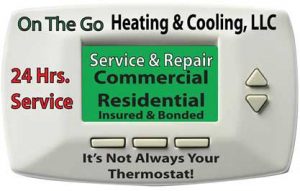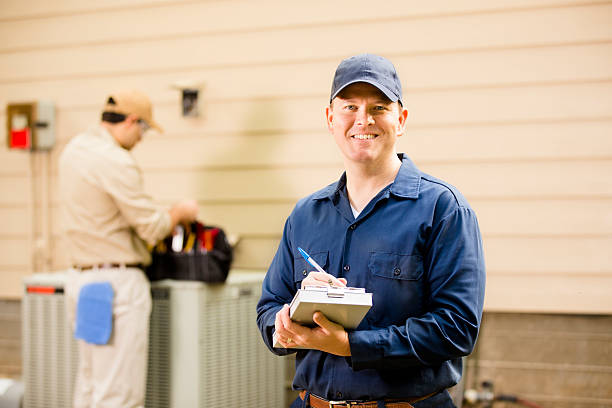Cost Of HVAC Repair. The HVAC system in your home is one of the most important, and expensive, systems to maintain. HVAC stands for heating, ventilation, and air conditioning, and it is responsible for providing your home with comfortable indoor temperatures year-round. While the initial cost of HVAC installation can be pricey, the long-term benefits of having a well-maintained system far outweigh the cost of repairs and replacements. That being said, the cost of HVAC repair and replacement can still add up, especially if you neglect to properly maintain your system.
HVAC Yearly Maintenance Cost
The cost of repairing your HVAC system can vary depending on the issue at hand. Here are some common HVAC repairs and their average costs:
*Compressor Replacement: $1,300 – $2,100
*Refrigerant Leak Repair: $200 – $1,500
*Fan Motor Replacement: $400 – $600
*Ignition Control Replacement: $300 – $400
*Circuit Board Replacement: $600 – $1,000
The cost of replacing your HVAC system also varies depending on the type of system and the size of your home. Here are some average costs for different types of systems:
*Central Air Conditioning: $5,000 – $10,000
*Heat Pump: $5,000 – $8,000
*Ductless Mini-Split System: $3,000 – $7,000
*Furnace: $2,500 – $7,500
HVAC Repair Near Me
Cost Of HVAC Repair. The best way to avoid costly HVAC repairs is to properly maintain your system. Here are some maintenance tips to keep in mind:
*Change your air filter regularly. This helps your system run more efficiently and reduces the risk of breakdowns.
*Schedule annual maintenance inspections. A professional technician can catch small issues before they turn into big, expensive problems.
*Keep your outdoor unit clean and free of debris. This helps prevent airflow issues and reduces wear and tear on your system.
*Invest in a programmable thermostat. This can help you better control your indoor temperatures and reduce strain on your system. I
While HVAC repair and replacement can be costly, it is important to properly maintain your system to avoid these expenses down the road. By following some simple maintenance tips and scheduling regular inspections, you can keep your system running efficiently for years to come.

